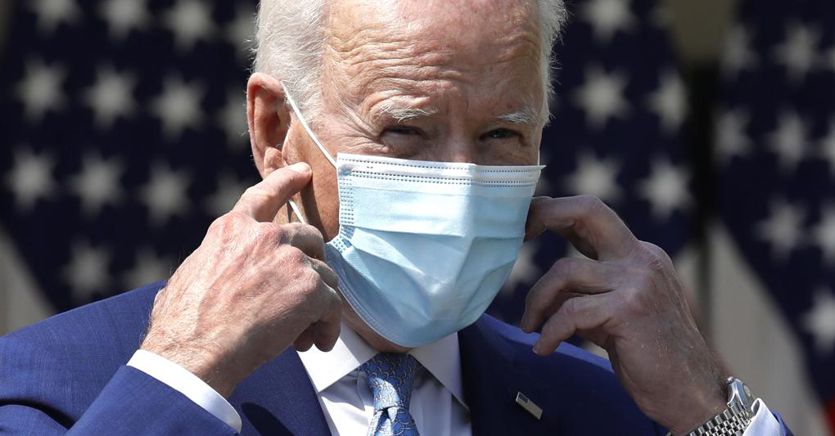Joe Biden opens the negotiation game, both domestic and international, to crack down on corporate taxes in the United States and abroad. A game with a high stakes: it must gather the necessary resources to finance the take-off of its ambitious economic strategies, anchored by an unprecedented season of public and infrastructural investments worth 2,300 billion.
Reform proposal sent to 140 countries
The White House has made it known, to partners and critics, that it is willing to compromise, but in order to speed up the times, it has taken off with its proposals for extensive reforms of the corporate taxation regime. The first documents, revealed the Financial Times, were sent to almost 140 capitals engaged for some time in multilateral negotiations within the OECD so far proceeded slowly: they contain his proposals aimed at combating tax avoidance races and tax havens, starting with a effective global minimum tax on businesses. It could, if successful, unlock the first major global harmonization reform of the corporate tax regime in a generation.
Loading…
Global minimum tax and national taxes
The US proposal, alongside the minimum tax on profits outside the borders, from what has been learned so far would allow individual governments to rake in taxes related to the sales of the main multinationals in each country. A mechanism that, in particular, would concern hi-tech groups and could resolve disputes over national digital taxes that now proliferate and have caused tensions also between the United States and Europe.
Washington, however, is aiming first and foremost at the launch of a new global minimum tax, which today has today identified at 21%, a higher level than previously assumed in international talks but on which it needs to find consensus to avoid competitive disadvantages. or escapes abroad of own companies.
Today the US has a minimum tax on offshore profits limited to 10.5 percent. The new, more significant minimum tax should in practice oblige multinationals to pay any difference in taxes at home compared to the minum tax, that is, if they were taxed abroad at lower rates.
It would in turn be calculated not in general on profits abroad but on the basis of the activities of a company country by country. In a signal of the importance of the dossier promoted by Washington, Italy, which has the rotating presidency of the G20, with the Prime Minister Mario Draghi quickly sided in favor of the appeal for a global corporate minimum tax. Other European countries have reacted positively.
American pressure
Biden as a whole intends to eliminate, he says, loopholes and incentives to move both production and profits abroad, particularly towards tax havens. Taken together, all the measures it has proposed, according to estimates by the US Treasury, should stimulate a repatriation of two trillion in profits in a decade. The White House will also press on other nations to follow the American example and be ready to adopt a new harmonization of the corporate tax regime on a global scale. Joining what it calls “an agreement that imposes rules for a worldwide minumum tax” and which it hopes will emerge within the middle of the year: the administration threatens to eliminate deductions and benefits for companies in countries that it considers lacking a “robust taxation minimum “.
The search for compromises at home
The Biden administration has also offered flexibility on the home front, to business and to Congress, to overcome obstacles and advance its projects. At issue here are hikes in corporate tax rates to 28% from the current 21%, the threshold set by the reliefs signed by Donald Trump in 2017, and which together with the international cramps represent the safe from which to draw for an expenditure of 2,300 billion dollars in ten years.
“The debate is welcome and compromises and changes are inevitable. But I’m not willing to inertia, staying still is not an option, ”Biden said. “You have to pay for the plan and I’m ready to negotiate.” Responding to the Republican opposition accusing him of excessive government intervention – from transport to clean energy, digital, assistance and education – he said that today the idea of infrastructure is “evolving, let’s build for tomorrow”.
